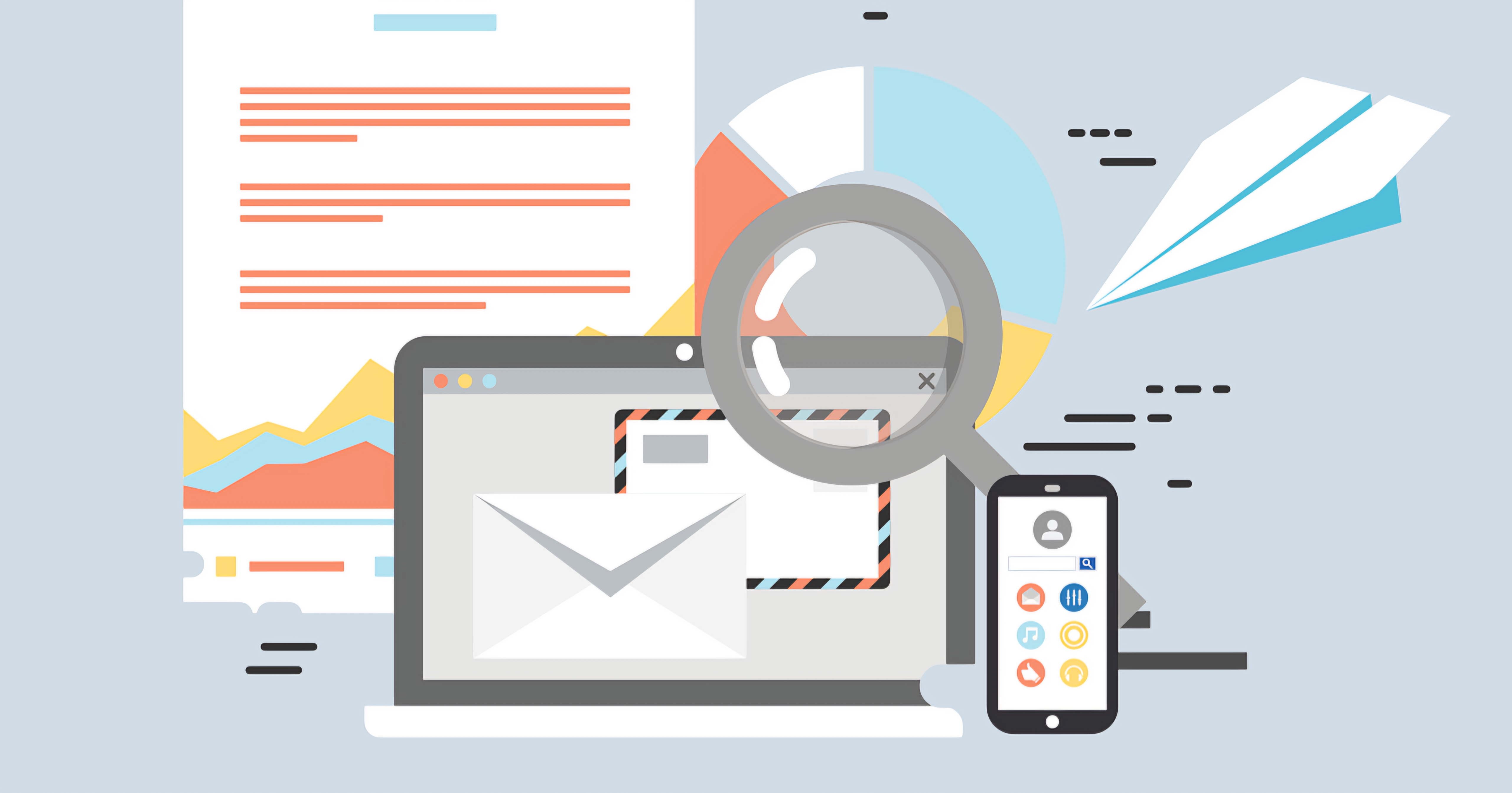Digital marketing has become a crucial aspect of business growth in recent years, especially in countries like Singapore, where internet usage is widespread. In a world where almost 70% of consumers are internet-oriented, it’s essential for businesses to establish a prominent online presence through digital marketing strategies. In this article, we will explore seven different types of digital marketing and how they can contribute to the growth of your business.
Before we delve into the various types of digital marketing, it’s important to note that implementing these strategies effectively requires expertise. It is highly recommended to seek the assistance of professionals like Digitrio.com.sg, who are masters of the art of digital marketing. Now, let’s get started with our discussion.
1. Search Engine Optimization (SEO) {#1-search-engine-optimization-seo}
Search Engine Optimization, commonly known as SEO, plays a vital role in ensuring your website appears at the top of search engine results when users search for relevant keywords. It involves optimizing your website’s content, structure, and backlinks to improve its visibility and ranking on search engines like Google.
Benefits of SEO:
Increased Visibility: By implementing effective SEO strategies, your website can rank higher in search engine results, making it easier for users to find your content when searching for relevant keywords.
Organic Traffic Growth: SEO helps attract organic traffic to your site, meaning users find your website without the need for paid advertising.
Credibility and Trust: Higher search engine rankings are often associated with authority and trustworthiness, which can enhance your brand’s credibility.
Cost-Effectiveness: SEO has the potential to be more economical in the long run and offers long-term advantages over paid advertising.
2. Content Marketing {#2-content-marketing}
Content marketing focuses on creating and sharing valuable, relevant, and consistent content to attract a specific target audience. The content can be presented in a variety of ways, such as infographics, films, blog entries, and more. Unlike traditional advertising, content marketing aims to provide helpful information and build trust rather than directly selling a product.
Benefits of Content Marketing:
Engagement and Education: Content marketing allows you to engage your audience by providing valuable, informative, and relevant content. It positions your brand as an authority in your industry.
Enhances SEO: Since search engines give preference to websites that consistently generate worthwhile information, high-quality content boosts your website’s SEO.
Lead generation: Skillfully written content has the power to draw in leads, nurture them along the sales funnel, and eventually turn them into paying clients.
Engaging content has the ability to become viral and extend brand recognition well beyond its original audience. This is known as shareability and virality.
3. Social Media Marketing {#3-social-media-marketing}
Social media marketing involves using platforms like Facebook, Instagram, Twitter, and LinkedIn to connect with your audience, build your brand, and drive traffic to your website. It provides an opportunity to engage directly with your target audience and create a sense of community around your brand.
Benefits of Social Media Marketing:
Brand Visibility: Social media platforms have vast user bases, providing a great opportunity to increase brand visibility and reach a wider audience.
Engagement and Interaction: Social media makes it possible to communicate directly with your audience, which builds a feeling of community and improves connections with clients.
Targeted advertising: By providing sophisticated targeting options, social media sites like Facebook and Instagram make sure the proper people see your material.
Real-Time Feedback: Social media gives you access to client feedback instantly, enabling you to make quick strategy adjustments and meet customer needs.
4. Email Marketing {#4-email-marketing}
Email marketing involves directly communicating with your audience through their inbox. It can include updates, promotions, or sharing interesting content. The key to successful email marketing is personalization and relevance to the recipient.
Benefits of Email Marketing:
Direct Communication: Email marketing allows you to communicate directly with your audience, delivering personalized messages and promotions.
Cost-Effectiveness: It’s a cost-effective way to reach a large number of people, especially when compared to traditional advertising methods.
Segmentation and Personalisation: You can deliver customised communications to your audience depending on several factors, which will increase the likelihood that they will convert.
High ROI: Email marketing offers a robust return on investment and is regularly ranked as one of the marketing channels with the best ROI.
5. Pay-Per-Click (PPC) {#5-pay-per-click-ppc}
Pay-Per-Click advertising involves placing ads on search engine results pages or other websites and paying a fee each time someone clicks on your ad. Alternatively, you can utilise it to buy website traffic rather than relying just on organic search traffic.
Advantages of PPC
Instant Results: PPC campaigns have the ability to drive traffic to your website right now, in contrast to SEO, which takes time to provide results.
Precise Targeting: PPC platforms allow you to target specific demographics, locations, and interests, ensuring your ads reach the right audience.
Measurable Results: You can track the performance of your ads in real-time, allowing for quick adjustments to optimize campaigns.
Controlled Budget: You have full control over your budget, enabling you to set daily or monthly limits to manage costs effectively.
